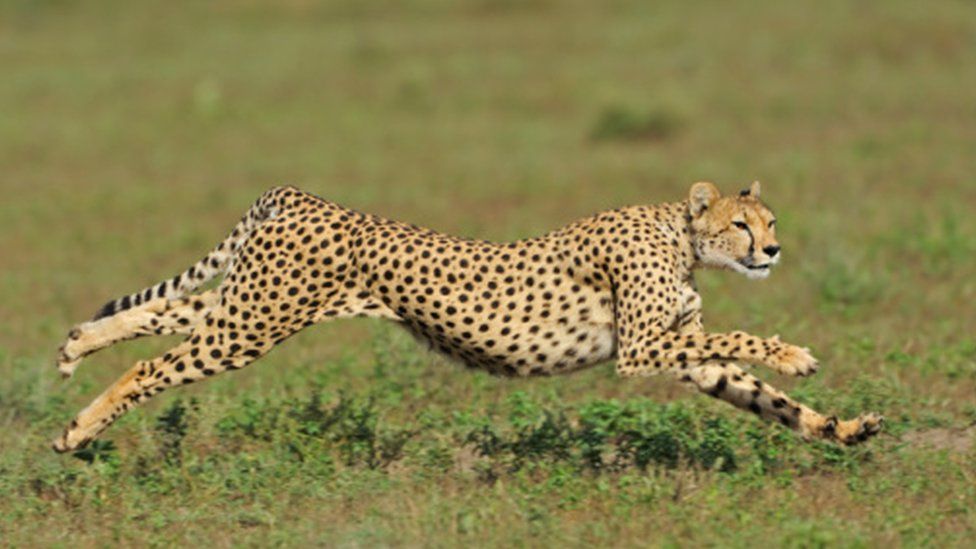From BBC News
Edited by - Amal Udawatta,
Another cheetah has died at a national park in India's Madhya Pradesh state, taking the number of big cat deaths to seven.
A senior official at the Kuno National Park said the cheetah died due to suspected infighting.
The male cheetah - named Tejas - was found with injuries by officials.
Cheetahs were declared extinct in India in 1952, but they were reintroduced last year as part of an ambitious plan to repopulate the species.
Eight cheetahs were translocated from Namibia to country in September 2022 while 12 were brought in from South Africa in February 2023.
Of these, three cheetahs have died in the past two months. Three cubs, who were born to a Namibian cheetah at Kuno in March, died in May.
The cubs were found to be weak, underweight and extremely dehydrated, park authorities said at the time. The adult cheetahs died due to various factors, including kidney failure and mating injuries.
The reintroduction of cheetahs to the country was launched by Prime Minister Narendra Modi amid much fanfare. Wildlife experts had welcomed the move but some also warned of potential risks to the cats from other predators and not having enough prey.
The Supreme Court in May had expressed concerns over the animal deaths and asked the federal government to consider shifting the cats to an alternate location.
Cheetahs have great symbolic value in India as they are part of many folktales. But it is also the only large mammal to become extinct since independence in 1947 because of hunting, shrinking habitats and lack of prey.

Comments
Post a Comment